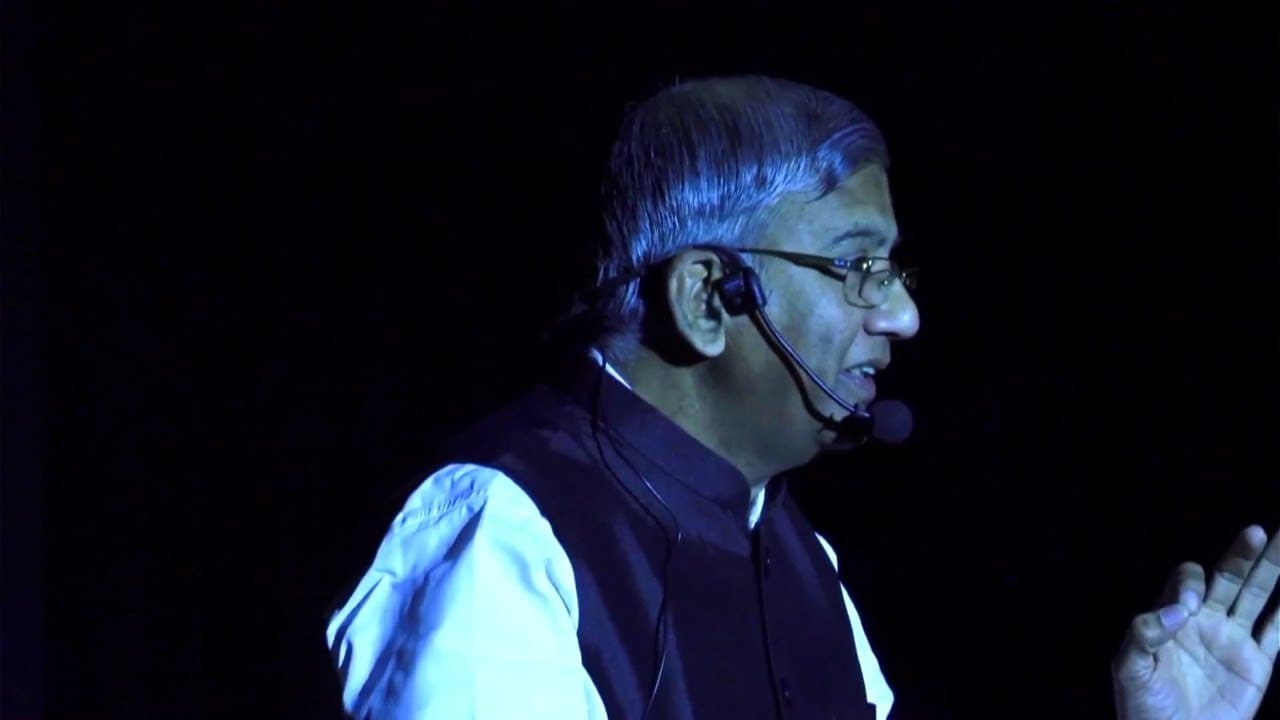Exploring Inner Strengths and Talents | Prashant Pole | TEDxJEC Jabalpur
06 Jun 2024 (over 1 year ago)

India's Economic Potential
- India was once the world's largest trading partner, contributing over a third of global business in the first century and maintaining a significant share in the 10th century.
- India's economy suffered during invasions, and despite gaining independence, the country has not fully realized its potential.
- India's economy was once a subject of ridicule due to its low GDP growth rate, but the situation has changed.
- The COVID-19 pandemic presented an opportunity for India to transform.
Success Stories of Self-Reliance
- During the lockdown, migrant workers returning to their villages from cities were quarantined.
- In one instance, in the West Champaran district of Bihar, the district administration identified that many of the quarantined workers had skills in the textile industry.
- The local authorities encouraged them to set up a textile manufacturing unit in an empty Food Corporation of India (FCI) warehouse.
- The workers, with their diverse skills in stitching, dyeing, and packaging, came together to start a successful textile business.
- Today, their brand, "Chand Patia Model," has become renowned worldwide and is sold in approximately 20 to 25 countries.
- During the initial stages of the COVID-19 pandemic in March 2020, India faced a shortage of PPE kits, which were not being manufactured domestically.
- The MSME Ministry collaborated with textile manufacturers to develop guidelines, specifications, and quality control methods, enabling the production of PPE kits in India.
- India became the second-largest manufacturer of PPE kits in the world, producing 600,000 PPE kits per day.
- India is now exporting medical textiles to 32 countries, including the United States.
- Despite having only 16,400 ventilators after 70-75 years of imports, India aimed to acquire 60,000 more ventilators within a span of 2-4 months.
- India manufactured 62,000 ventilators in just three months, a world record, despite global skepticism.
- India is now exporting ventilators to 27 countries.
- India decided to stop importing tiles from China due to geopolitical tensions and concerns about China's policies and involvement in the COVID-19 pandemic.
- The manufacturing sector in India has seen significant growth with an investment of 00 crores in just 3-4 months.
- India is now largely self-sufficient in tile production, reducing its dependence on China.
- India's defense manufacturing has grown significantly, with production exceeding 1 lakh crore rupees.
- India now exports defense products to 85 countries, including the BrahMos missile and Tejas helicopter.
- A banana trader in India, facing challenges due to the COVID-19 pandemic and perishable nature of his bananas, decided to pivot his business and began producing banana chips.
- A group of tribal people in Jhabua, India, invented a unique flour mill that preserves the nutritional value of grains by grinding them slowly without generating heat. They are successfully marketing this organic flour at a premium price.
- A new brand called MIVI has emerged in the market, offering a range of mobile accessories such as cables, chargers, tempered glasses, and other accessories.
India's Potential for Self-Sufficiency
- India has the potential to become self-sufficient and export products like medical textiles and defense equipment.
- The country has traditionally relied on imports but is now realizing the importance of developing its own technology.